written by Alexandra Arch
When Roland Smith was an aspiring writer attending Portland State University, he took a part-time job working with animals at a zoo. This part-time interest eventually became a full-time passion and, ultimately, a lengthy career. After twenty years as a wildlife biologist, the native Oregonian turned to writing full time in 1995, and found success in blending his experience as a wildlife biologist with his talent as a writer.
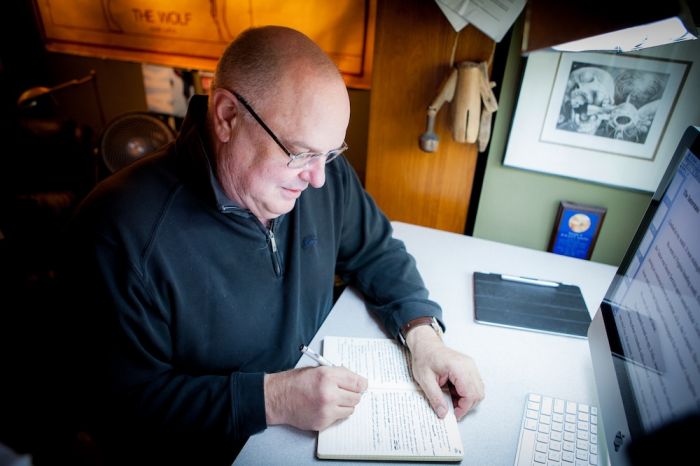
To date, Smith has published thirty-three young adult fiction and children’s nonfiction books, including B is for Beaver and I,Q. While many of his young adult books feature adventures and mysteries that only the books’ heroes (teenage kids) can ultimately resolve, Smith has also generated numerous informative books about wild animals for his younger audience. We caught up with him on his farm outside of Portland to elaborate on his work.
How has travel as a research biologist fueled your writing?
I think everything in an author’s life ends up in their stories, because it’s part of their life. I had the good fortune to travel all over the world as a biologist, and these places and experiences end up in my novels. I got the idea for my first novel, Thunder Cave, while I was in Kenya during a severe drought. I was told about a cave where elephants go to get salt. It amazed me that they would actually go into a cave to do this. Wild elephants are not used to anything over their heads. My love of elephants, and what I saw in Kenya, led me to write the book.
What lessons do animals in your books impart on kids?
I’m careful not to offer up “lessons” because that’s pretty close to “preaching,” which I despise when I’m reading a book. Having said that, the animal information in my novels is very accurate. As a former research biologist, I can’t help myself. Readers are going to get a good adventure story, but they are also going to learn a lot about the animals we share the planet with.
You write action and suspense books that involve natural disasters and the world of espionage. One of the reviewers of Independence Hall called you the “American Ian Fleming for teens.” What do you think of this comparison?
That’s a heck of a compliment. I wish it were true. But I keep trying.
The main character of the I,Q series is a teenager named Q, an adventurous and inquisitive young man who aspires to be a magician and has a propensity for math. Is his character modeled after aspects of you growing up?
I think, in a way, you do look back on your youth and try to mine your experiences, and more importantly your emotions, when you were young. I was interested in magic, was not bad at math and I did read the 007 books when I was in fifth grade. I have to admit though that Q is a lot smarter than I was when I was his age.
Some of your main characters, often teens, perform extraordinary feats on their own. Is this the ultimate teenage fantasy?
I think it is. It’s also a requirement for the genre. Authors of young adult books need to get rid of the adults or there isn’t a story. If a young person gets into trouble, they go to their parents, and the parents take care of it. End of story. But not so in young adult fiction. If you want to write a story with conflict and tension that is more than ten pages long, the parents have to go so your character, or characters, can resolve the problem on their own.
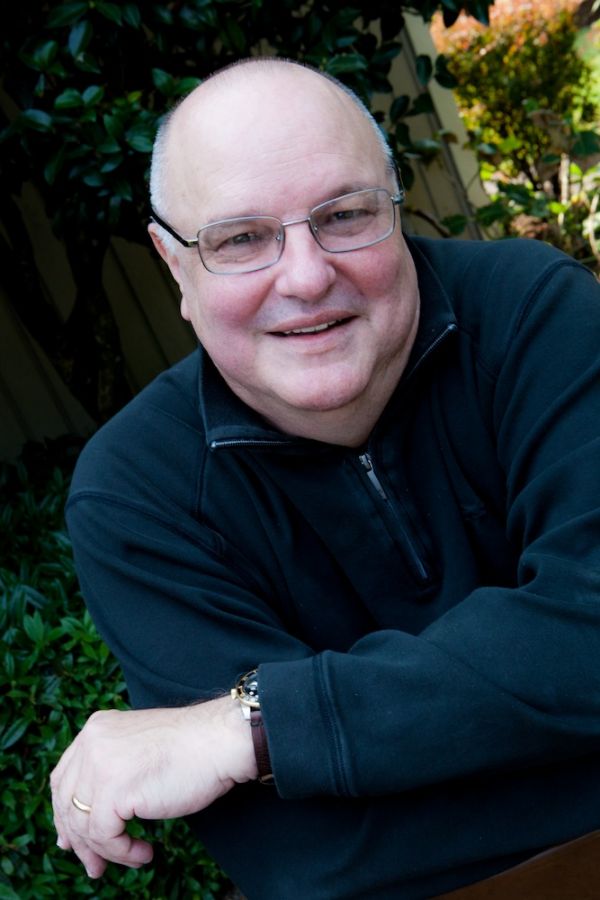
Do you perceive a sharp line between teen content and adult content?
I’m sure there is a line, but I don’t really think about it very much. A lot of adults are now reading young adult literature because it’s great. The main characters in my books are young, therefore the books are marketed for young people.
How is your subject material impacted by current events?
Most of my novels are contemporary, so current events—whether the story deals with environmental issues or terrorism—are vital to the stories. You can’t get away from the streaming twenty-four hour news cycle. It’s distracting, but you can mine some good ideas from all the noise.
In addition to getting a nice, comfortable chair, what other advice do you have for aspiring writers?
Ha! Actually, I spend most of my writing time standing up. I have this very cool standup desk wi th a motor to raise and lower it. The process of actually writing is sedentary enough without sitting down to do it. So I stand. Hard to doze off when you’re on your feet. I think the most important thing to tell aspiring writers is that they need to write. Sounds obvious I know, but what I mean is that you can’t become a good writer unless you’re actually writing. Wanting to be a writer and not writing is like wanting to be a marathon runner and not running. You can’t get in shape by thinking running, or reading about running or watching someone run, you must get out there and run. You need to write every day. Momentum is everything when you’re trying to write a book. We all have busy lives. Write 500 words a day, which is about two pages. Move your story forward 500 words every day so you don’t lose your momentum. You’ll have a draft of your novel in about five months. If you don’t miss any days.
I’ve heard that you write the first drafts of your books by hand.
I don’t always write the first drafts of my books by hand, although I think this is a good way to go. By writing with pen on paper you are less tempted to edit what you’re writing. And I don’t think your first draft should be edited. There is plenty of time for that later. To keep the writing process interesting, I write by hand in Moleskine journals, I write on my computer, my iPad and I sometimes dictate—but I always get in my 500 words a day without fail.
As technology evolves, do you anticipate any changes in reaching your target audience?
The Kindle-Nook-iPad has turned everything upside down in traditional publishing. No one knows what’s going to happen. All they know is that it’s happening right now. I think I’m in pretty good shape because I have a lot of books out, and a well-established reading audience waiting for my newest book. When I’m not writing, I keep my fingers crossed.
What are you working on right now?
My newest book is Shatterproof, which is one of the 39 Clues novels. The third book in the I,Q series came out in October. It’s called I,Q Book Three: Kitty Hawk. I just finished the third Cryptid Hunter book. It will be out in September, 2013. It’s called Chupacabra. I’m working on the fourth book in the Cryptid Hunters series. No title yet. I’m about four days into it, which means it’s currently 2,000 words long. At 500 words a day, I should have it wrapped up around March.
How does living in Oregon influence your work?
I was born and raised in Oregon. I love Oregon. Writing is a portable occupation. I could live anywhere in the world. Where do I live? Oregon. And it rains a lot in the Willamette Valley, which is great because it keeps you inside standing at your desk.
Popular Titles by Roland Smith
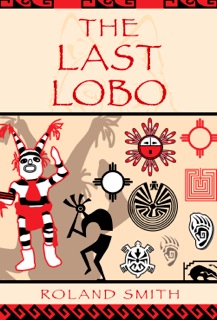

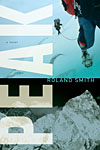
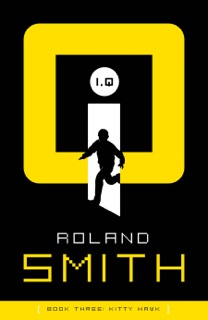
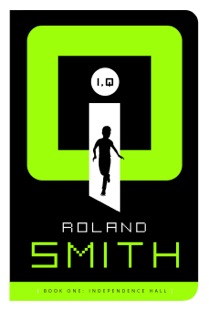
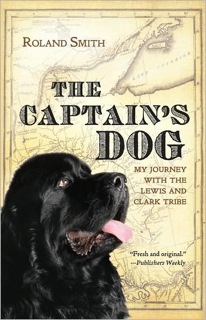
For the latest on Roland Smith, visit rolandsmith.com


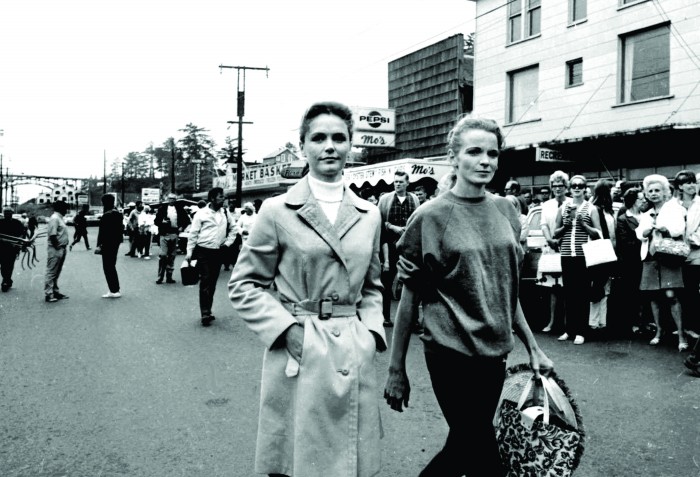
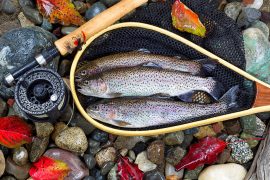

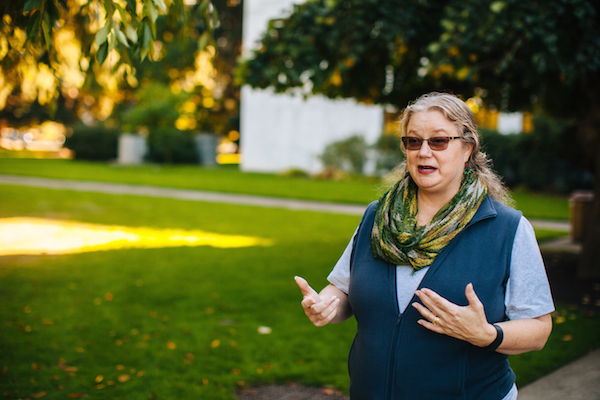



what routines do you use for writing